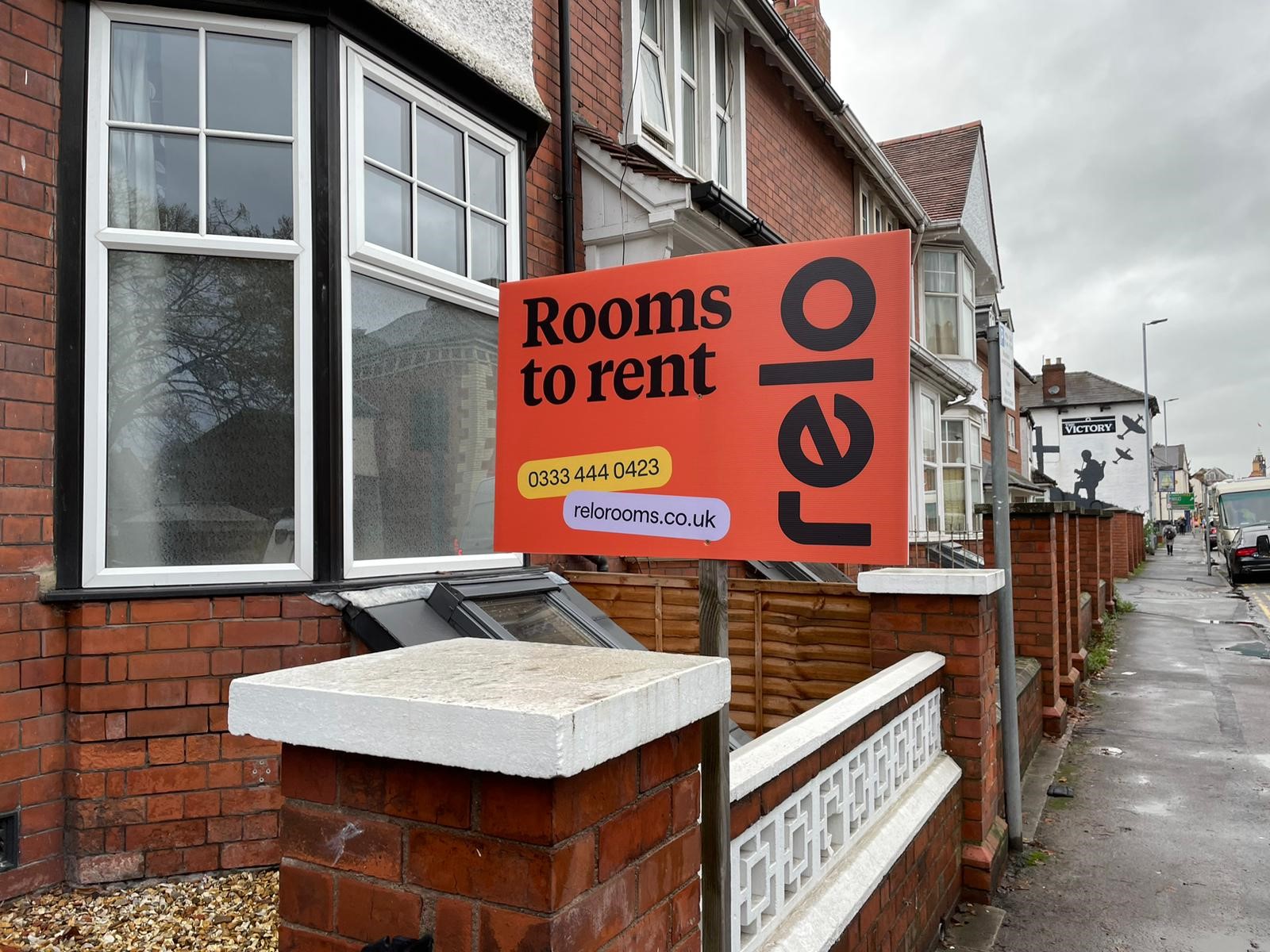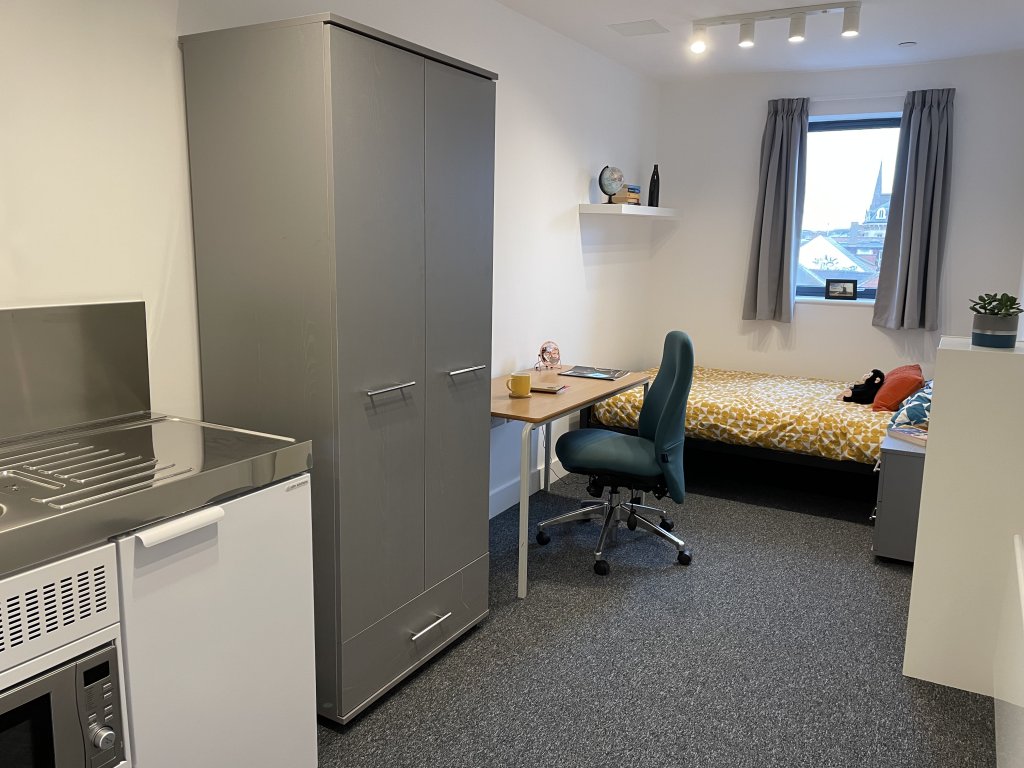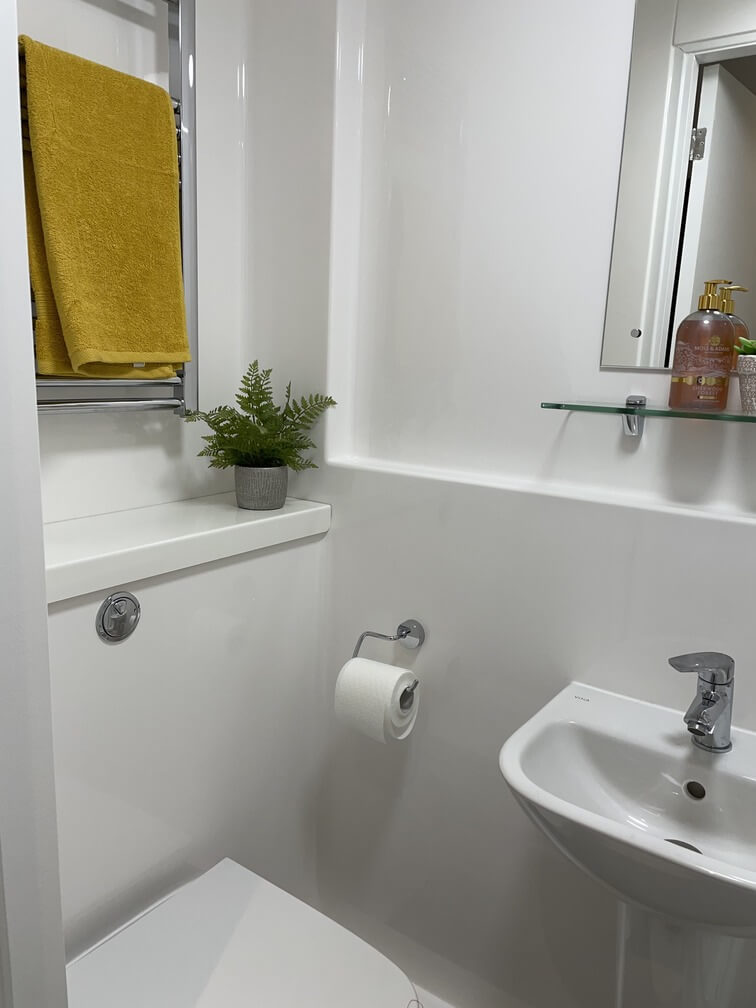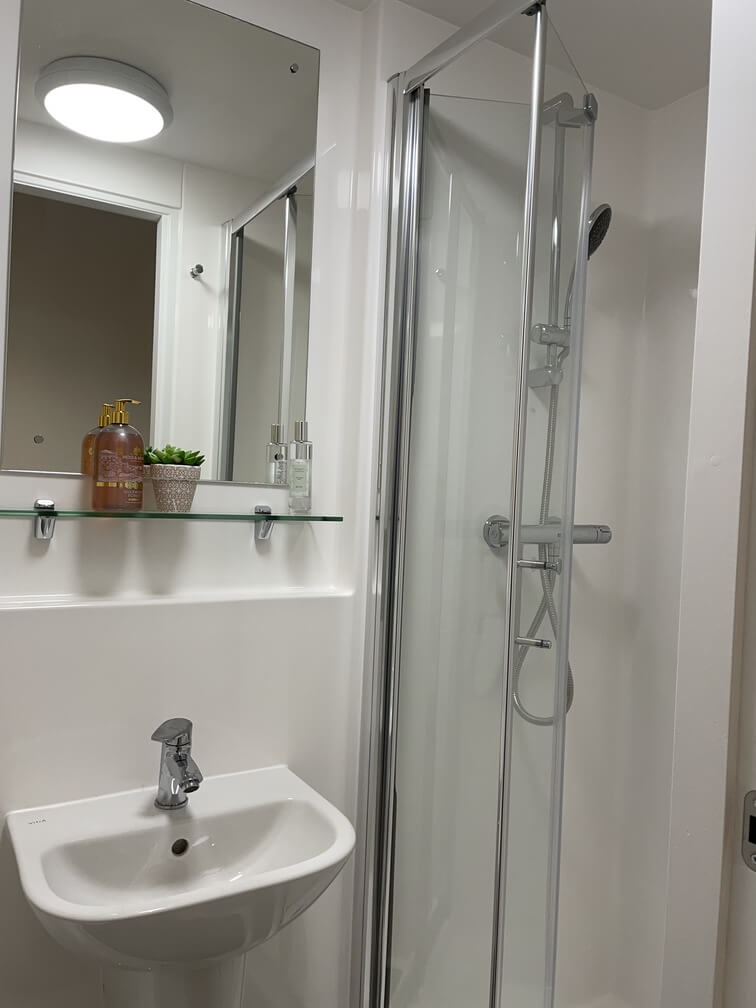HMO Letting Agents: Top Tips for choosing the right letting agent for your HMO Property

Choosing the right HMO letting agent for your property
Make sure the agent is local to your property
When deciding on which HMO letting agents to use, we would always recommend using a local agent to that area. We suggest your letting agent should be no further that 15 miles from your property. This is for several reasons, the main one being they know the local market in far more depth than other agents who might be based 50 miles away and are therefore are in a better position to advise you on rent charged and demand. The second key consideration is they can get out to the property quickly if needed, for example if there was a maintenance issue to be dealt with. This isn’t to say that larger agents further afield can’t do this but from our past experience using agents managing properties from a distance, we have found staying local has always seemed to end up being a much better option due to quick response times and local knowledge. At Relo we are also huge advocates of supporting the local economy and independent businesses.
Ask is the agent owns HMOs themselves
A really important factor to establish is whether the potential agent has any of their own BTLs or HMOs, or at the very least has had past experiencing owning them. To us, it’s just common sense that the person you are wanting to take on your properties should be doing the things they say they are doing. You wouldn’t get someone to preform surgery on you if there weren’t a doctor. I know this is not quite such an extreme example but the principle stands. You want an agent who owns or has previously bought investment properties and so really understands your point of view when you are talking to them and making requests for their property as the agent can therefore relate to them more easily. It also shows that the management processes and systems are good enough for the agents properties and so you would assume they would be the same for their clients properties. It sets a good benchmark with the agent who are looking to work with.
Check the letting agent is professional and qualified
So far you have established agents must be local and own HMOs themselves but one of the most important things to make sure you find out in detail about is the credibility of the agent. This is best achieved through looking at what professional bodies that are part of or awards they have won. You want you letting agent to be part of an approved national letting scheme or professional body. The main three to look out for are:
Association of National Letting Agents (ARLA)National Approved Letting Scheme (NALS)UK Association of Letting Agents (UKALA)
You must also make sure they are a member of a property Redress Scheme. By law, Property Agents are required to join a government authorised consumer redress scheme. The purpose of this is to give consumers of the Property Agent an escalated complaints procedure if they are unhappy with how their complaint has been dealt with by the Agent.
The key two are to look out for are:
The Property Redress Scheme (PRS)The Property Ombudsman Scheme (TPO)
As part of joining one of these redress schemes then the letting agent must have a complaints handling procedure and it is advertising someone, preferably on their website and at the very least in the properties.
If a letting agent wishes to take a repost then they must be a member of a Deposit protection scheme. This allows the agent to store and register the tenant’s deposits until the end of the tenancy. One major advantage of being a member of a reconsidered scheme is if there was ever a dispute, then the third party can resolve it. It should be noted that if a letting agent takes a deposit and doesn’t register it within 30 days then the landlord would be liable to pay a huge portion of the rent back to the tenant for not doing so, so make sure the letting agent you choose is a member of a deposit protection scheme.
The main two are:
Deposit Protection Scheme (DPS)My Deposits
Your agent must also be part of a Client money protection scheme which is where all client money is held, separate from the letting agents accounts. At the very least the agent needs to have a separate bank account set up called Client Account, ideally is a member of the Client Money Protection scheme, again for resolving disputes if needed.
Finally, you also want to make sure they have public Liability Insurance. It is your responsibility to determine if the agent does or not. The easiest way of doing this is to ask the agent to see a copy of their PI Policy. If they can’t produce one or won’t show you one, you don’t want to be working with that agent.
Check the agent understands HMO legislation and compliance?
Letting residential property can be incredibly complicated when it comes to legislation from Serving Notice to registering deposits and getting it wrong can have major consequences, especially when dealing with tenants. Unfortunately dealing with HMOs adds a whole extra layer of complexity and legislation that letting agents must understand. You therefore must make sure the agent you are looking to appoint to manage your HMO is familiar and up to speed with all legislation regarding HMOs and shared houses. This comes back to the benefit of the agent owning HMOs as they should understand that legislation having bought HMOs previously.
As well as all the normal legislation your agent should understand about letting family houses they must also understand the follow regarding HMOs:
LicensingPlanning and Article 4Fire RegulationsSafety CertificatesASTs or Licenses
If the letting agent you are looking at does not understand these terms then they are the wrong person to be working with and so make sure you ask them about it and you feel comfortable they know what they are talking about.
A good way of testing this is by mystery shopping the letting agent to see how they stack up.
Make sure the agent is experienced at letting rooms in shared houses
You need to ensure that when looking at choosing the right agent they are experienced in HMOs and letting rooms on a room by room basis. The best way of doing this is to ask the potential agent to show you previous HMOs they have managed. At Relo we will offer to take a potential landlord around a few various properties we manage so they feel 100% confident we know what we are doing and talking about and they can see how we might manage their property for them. This firstly helps to build the relationship between agent and landlord and secondly gives the landlord the confidence we are professional and the right agent for them. Obviously its slightly different as Relo is a specialist HMO agent so you would hope and assume we had experiencing managing HMOs so if you are looking at an agent who you’re not quite sure about their level of experience in letting and managing house shares then get them to show you around some or put you in touch with other landlords who that agents manages their HMO for them.
Ensure the letting agent is an expert in the type of tenants you have in your property or would like to have
You must make sure that the letting agent deals with the types of tenants you wish to put or have in your HMO, so for example is you have students in your property then you need to find an agent who deals predominately with students. You don’t want an agent who only deals with LHA trying to manage a professional tenanted HMO. They are two different skill sets and some agents deal more with one type of tenants than others. That’s not to say tenant types can’t be swapped. So, if you currently have LHA in and want to move to students then you will want a student letting agent to deal with that. Relo is very open and honest about the fact we only deal with professional tenants as that’s who we know and specialise in and so have become more expert in that. Relo would not be the right agent to take on an LHA property as we don’t deal with that type of tenant and don’t know the market as well and we would recommend a better suited agent if that was the case.
Make sure the letting agent is willing to put you in touch with a current client of theirs for a referral or testimonial
A good agent should be more than willing to put you in touch with current clients and landlords so a potential client can chat with them on their thoughts and experiences. This will give you the best and most honest feedback on that agent. Relo always recommends you do this as a way of referencing your letting agent. Any agent that doesn’t want to give you details and let you talk to a client, be wary!
The agent should be willing to give away a lot of value to help first before trying to win your management
Good letting agents will give a lot of information away to you for free before asking you to become a client. This allows both the client and agent to work out if they are the right fit to work with each other. For example, at Relo, we give an hour free consolation to help the landlord as much as possible with any issues or questions they have, we also give away a free property management course and lots of regular blogs and ebooks with tips and ideas we use in our business every day. This is a good sign the agent is putting the landlords needs first and not just trying to win the contract.
Look for agents who are happy to give a lot of value for free before trying to sell you becoming one of their landlords.
The agent should keep in regular contact with the landlord
Landlords want to be kept up to date with what’s going on with their property. Make sure the letting agent has regular contract and updates with details of the rental property and is communicating those to the landlord. Relo sends our landlords a 1 page property summary monthly just giving them an overview of that happened that month in the property such as tenants moving in/out, vacancy rates and maintenance issues so our landlords are kept up to date with what’s going on without being too involved. Also, make sure the agent is quick to respond to your questions and emails so you are happy that you can contract them regularly if needed and you will get a prompt reply.
Check if the agent is VAT registered or not
A useful tip is to check or ask whether the agent is VAT registered or not as if they are not then you will not have to pay VAT on top of the management charges which saves you money you might have to spend on other agents who are VAT registered. That 20% all helps!
Still unsure on which agent might be the right one for you? Why not come and see Relo or give us a ring and we can hopefully help you in deciding which is the right agent for you!



















